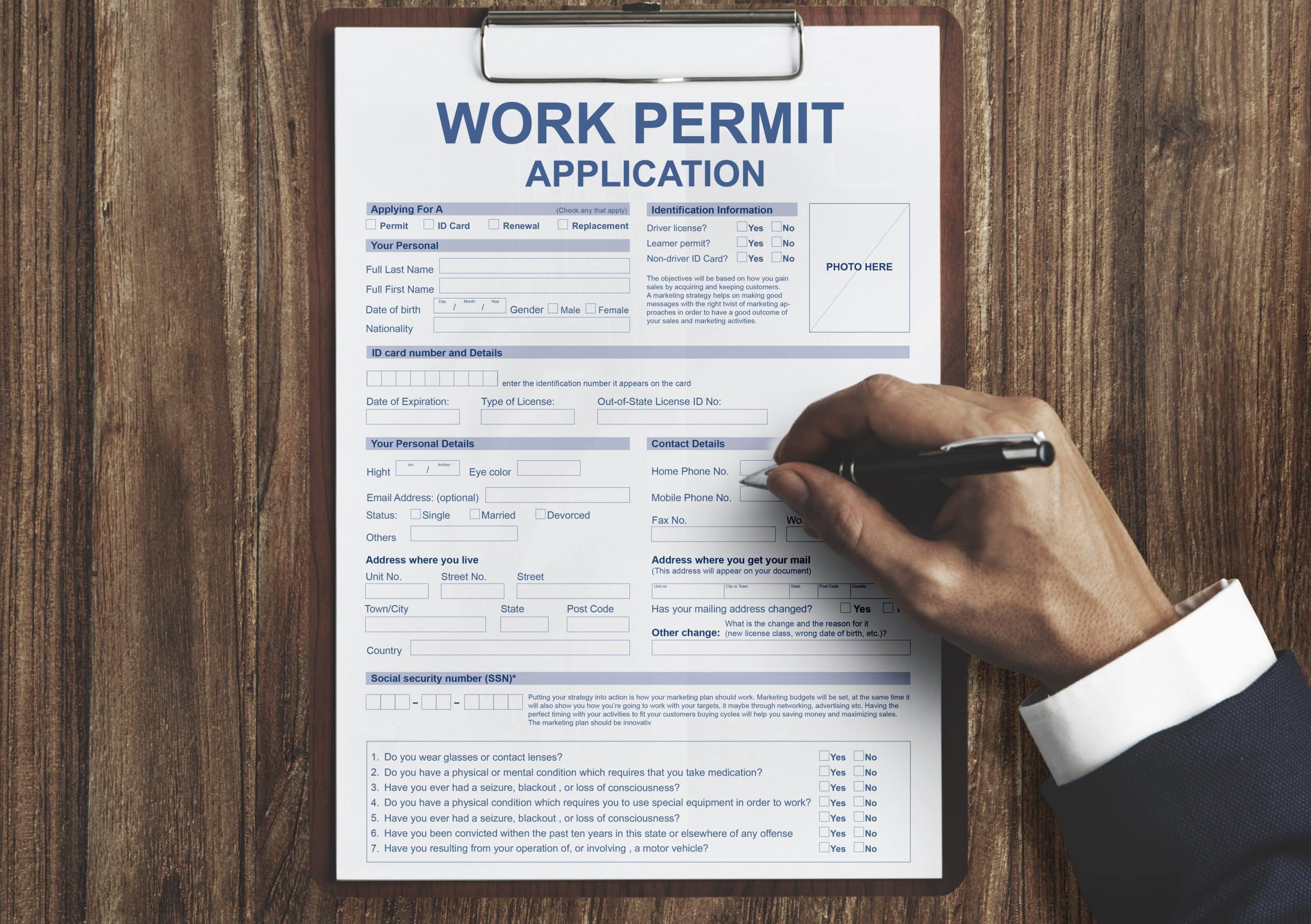
Renting a property in Turkey, whether you are a landlord or a tenant, requires careful consideration and adherence to legal requirements. This is especially important for foreigners who are planning to apply for a residence permit, as the rental agreement must contain specific elements and be properly notarized. Additionally, both landlords and tenants can benefit from consulting an attorney to protect their rights and ensure a smooth rental experience. In this blog post, we will explore key factors to consider before entering into a rental contract in Turkey.
Rental Agreemants in Turkey
In Turkey, rental agreements (kira sözleşmesi) are important legal documents that outline the terms and conditions of a rental arrangement between a landlord and a tenant.
Here’s a comprehensive guide to understanding rental agreements in Turkey:
Key Elements of a Rental Agreement
Parties Involved
- Landlord (Kiraya Veren): The property owner.
- Tenant (Kiracı): The individual or entity renting the property.
Property Description
- Detailed information about the rental property, including address, size, and any included amenities.
Rental Period
- Start and end dates of the rental term. Leases are often for one year but can vary.
Rent Amount and Payment
- Monthly rent amount.
- Payment due date.
- Accepted payment methods (bank transfer, cash, etc.).
- Possible rent increases and the basis for any adjustments (e.g., inflation rate adjustments).
Security Deposit (Depozito)
- Amount of the security deposit (usually equivalent to one or two months’ rent).
- Conditions for refunding the deposit at the end of the tenancy.
Utilities and Maintenance
- Responsibilities for paying utilities (electricity, water, gas, etc.).
- Maintenance obligations of the tenant and landlord.
- Residence Permit Requirements: For foreigners planning to apply for a residence permit in Turkey, it is crucial that the rental agreement meets specific criteria. The agreement must include the full address of the rented property, the landlord’s full name and address, the tenant’s full name and nationality, and the duration and purpose of the lease. These details are essential for the residence permit application process. Therefore, both landlords and tenants should ensure that the rental agreement contains all the necessary information before proceeding.
- Notarization of Rental Contracts: To make a rental agreement legally valid and enforceable in Turkey, it must be notarized. Notarization involves authenticating the signatures of the parties involved and provides legal certainty to the terms and conditions of the contract. It is essential for both landlords and tenants to ensure that the rental agreement is properly notarized to protect their rights and avoid potential disputes in the future.
- Consultation with an Attorney: Engaging the services of an experienced attorney is highly recommended for both landlords and tenants. An attorney can provide valuable guidance throughout the rental process, help draft or review the rental agreement, and ensure that the rights and interests of both parties are protected. Consulting an attorney can help prevent common mistakes and misunderstandings, ensuring a fair and transparent rental experience.
- Clauses and Terms: The rental agreement should clearly outline the rights, obligations, and responsibilities of both the landlord and the tenant. Important clauses to consider include rent payment terms, the duration of the lease, security deposit requirements, maintenance responsibilities, and termination conditions. It is crucial to discuss and negotiate these terms thoroughly to avoid misunderstandings or conflicts during the tenancy period.
- Maintenance and Repairs: Clarifying the responsibilities for maintenance and repairs is essential in a rental agreement. It should outline whether the landlord or the tenant is responsible for routine maintenance and repairs, as well as who will bear the costs for any necessary repairs or damages. Clear communication and agreement on these matters will help maintain a harmonious landlord-tenant relationship.
- Key Return and Access: Landlords should ensure that the rental agreement clearly states their right to receive the keys to the property at the end of the lease term. This provision allows landlords to regain possession of the property as agreed, protecting their rights and ensuring a smooth transition between tenants. Tenants should be aware of this provision and understand the importance of returning the keys as specified in the agreement.
Entering into a rental contract in Turkey requires careful attention to legal requirements and considerations for both landlords and tenants. Foreigners planning to apply for a residence permit must ensure that their rental agreement contains the necessary information to support their application. Additionally, notarizing the rental contract and seeking guidance from an attorney can provide both parties with legal protection and avoid potential disputes. By addressing essential factors such as clauses, maintenance responsibilities, and key return provisions, landlords and tenants can establish a transparent and mutually beneficial rental relationship.
Contact us for further assistance in terms of negotiation and contract drafting.







